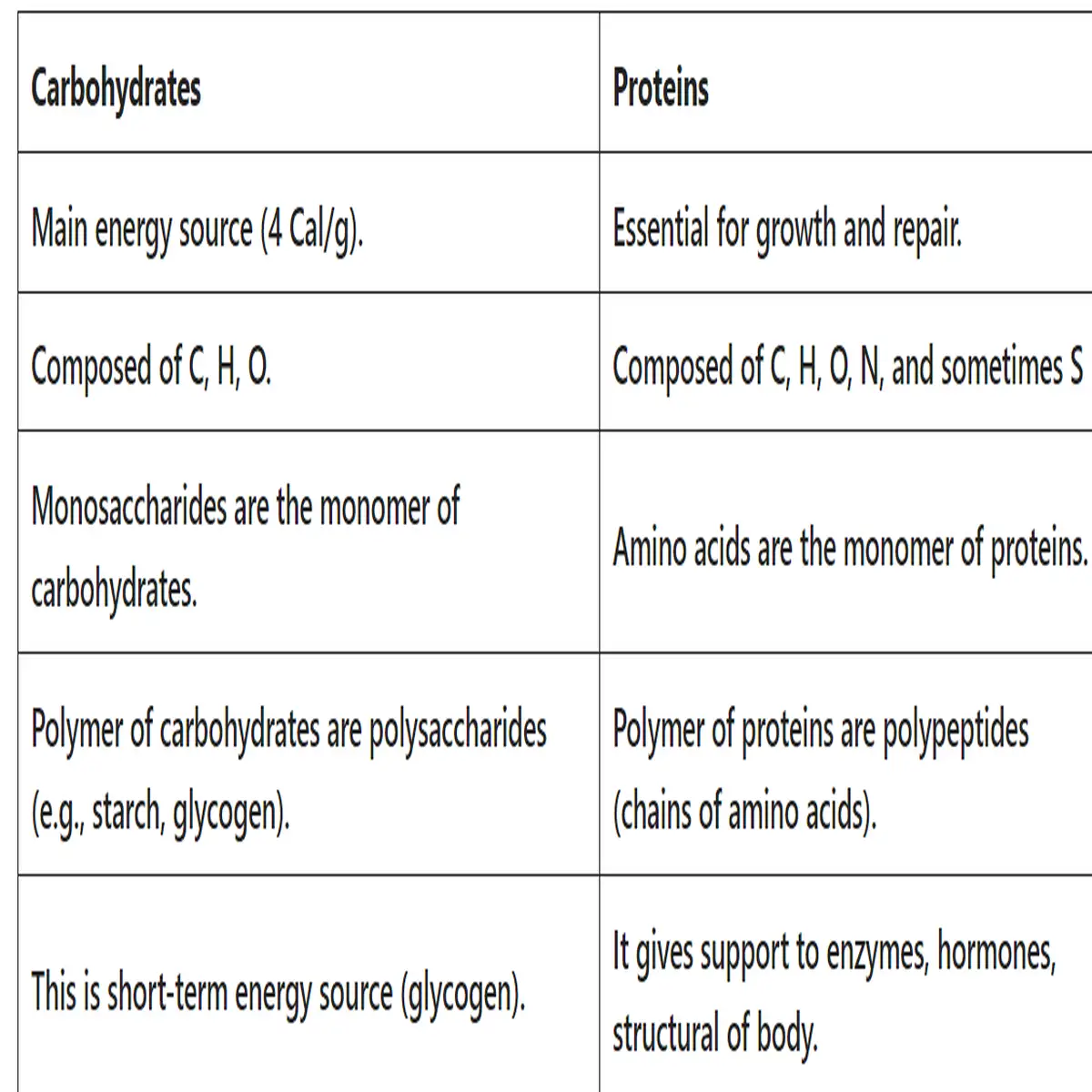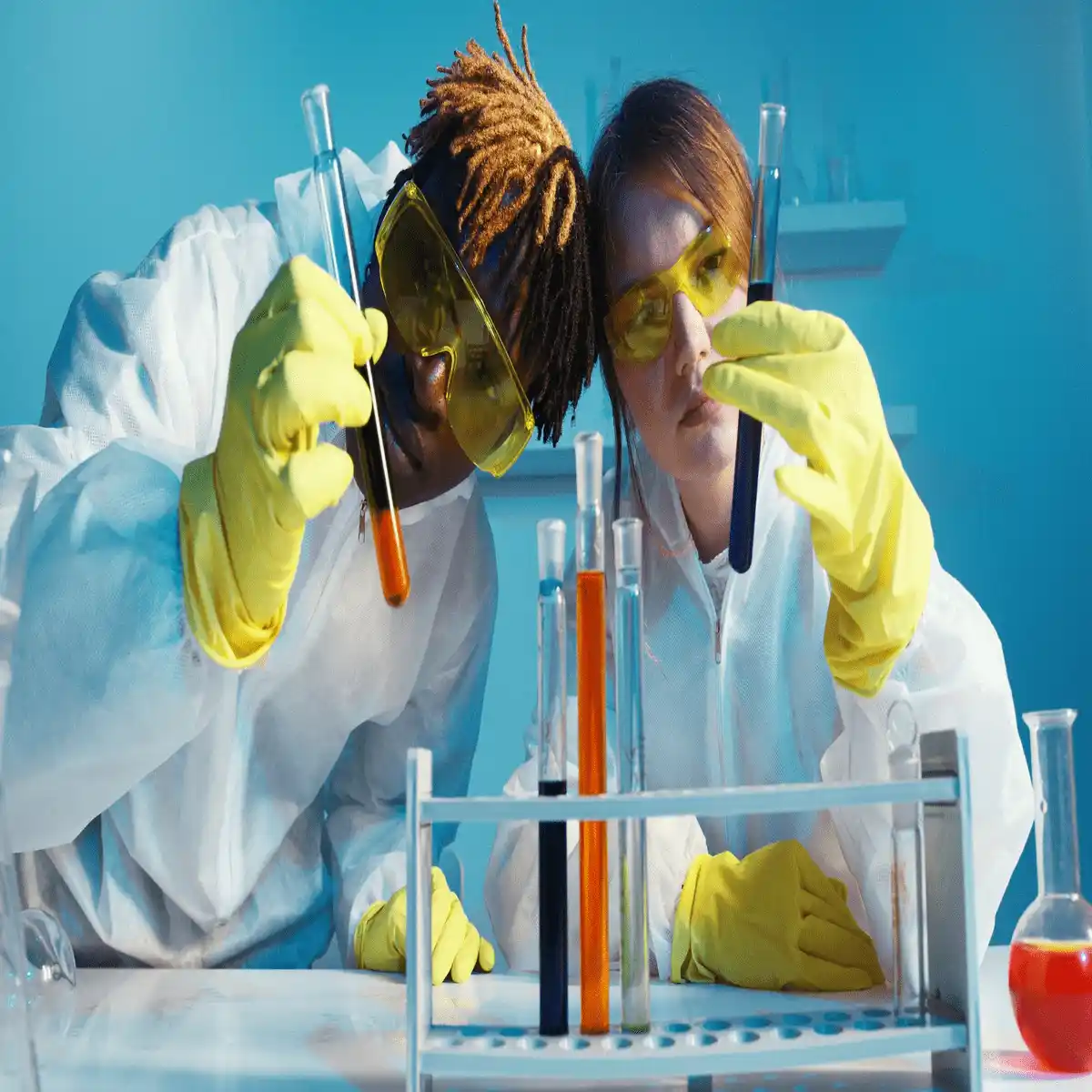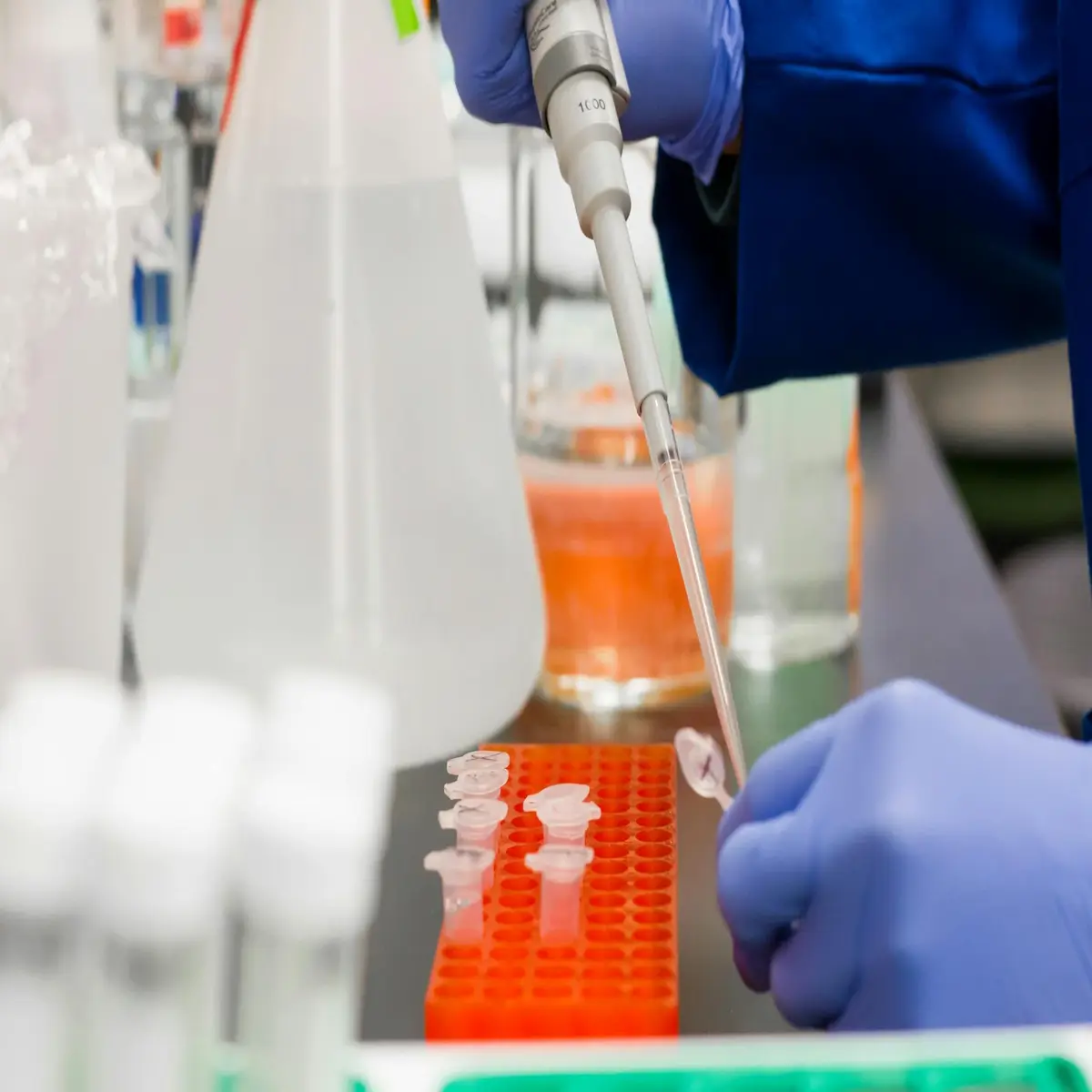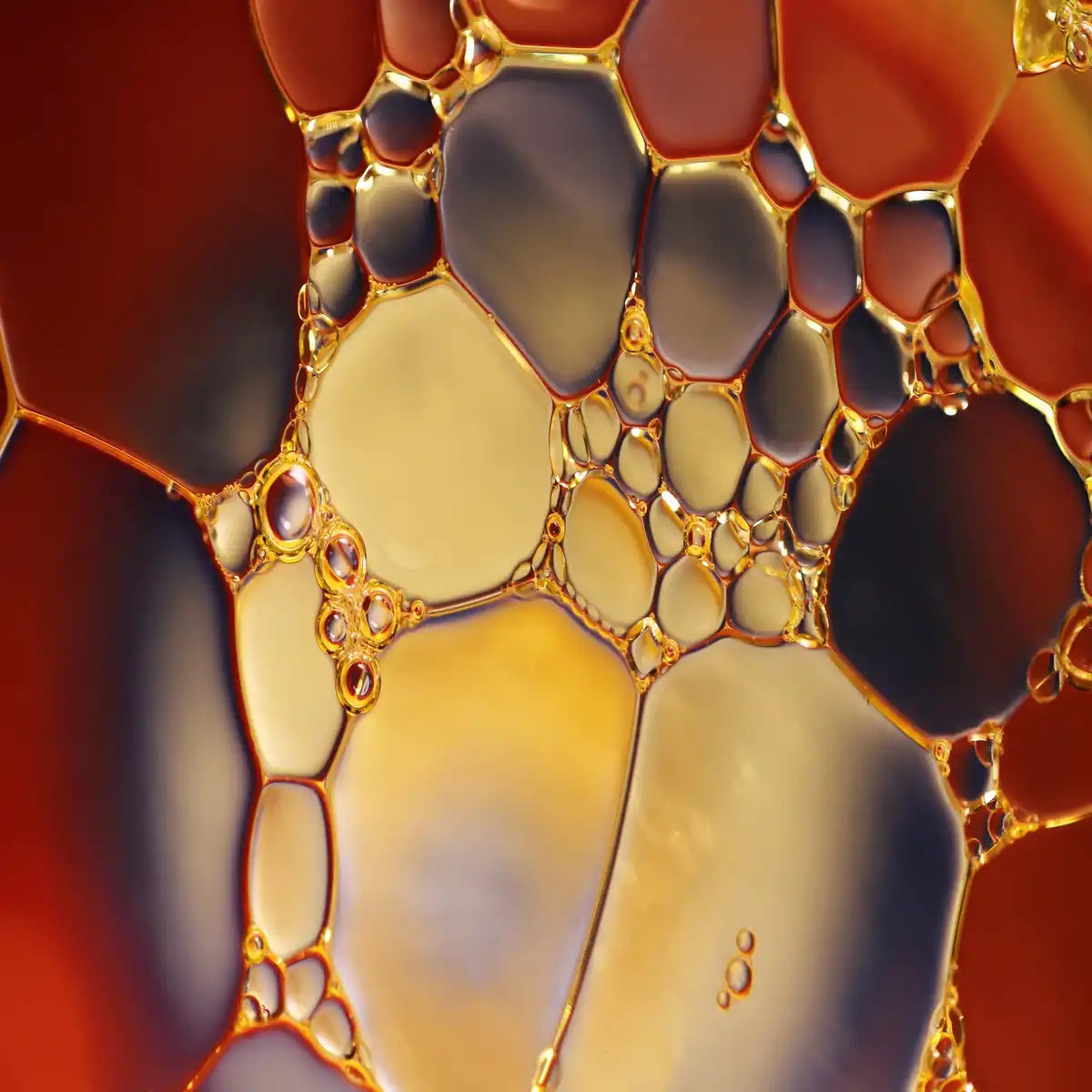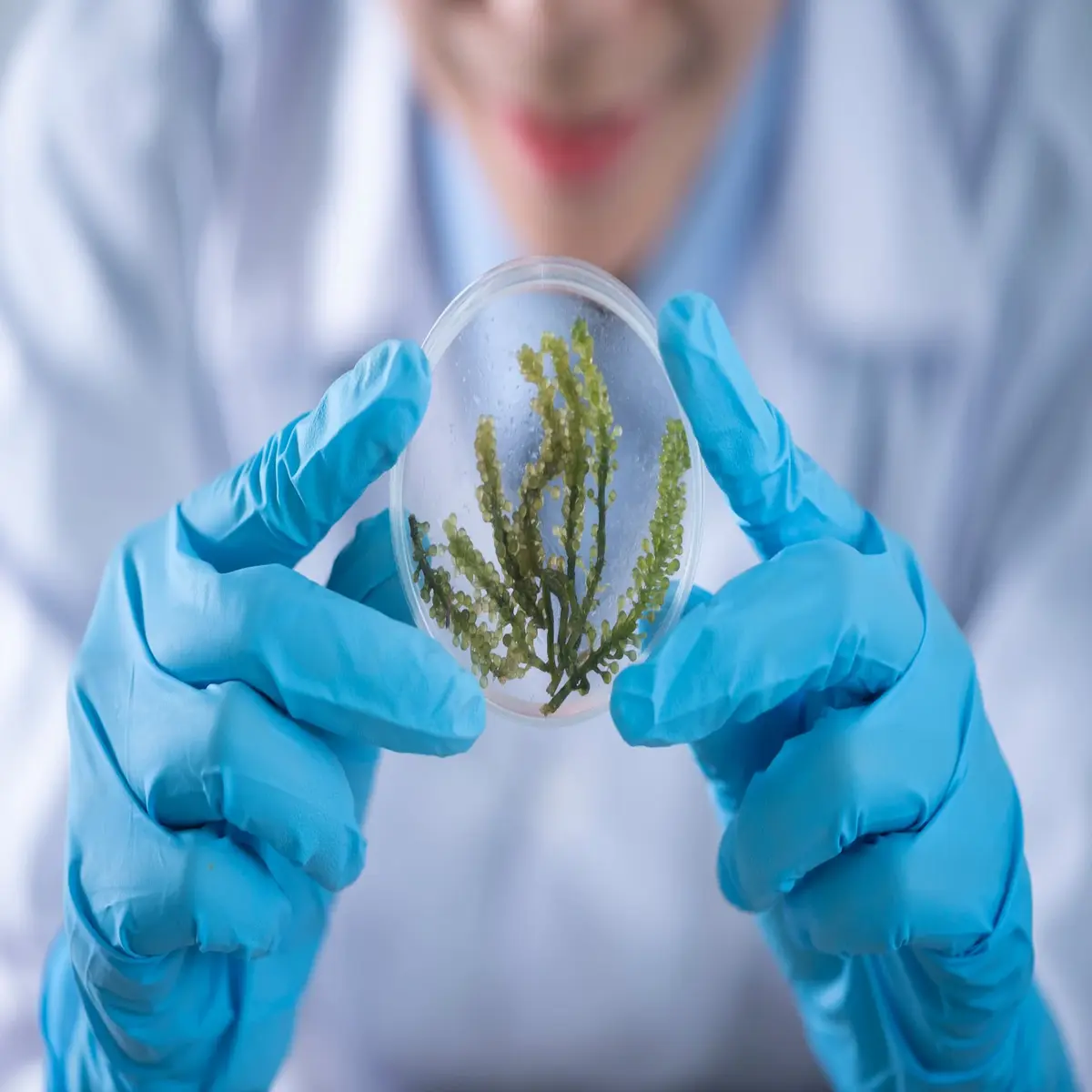Differences between carbohydrates vs proteins
Learn about what are the differences between carbohydrates vs proteins. Explore with its definition and functions. What are carbohydrates? Carbohydrates are one of the three main macronutrients. It is a significant portion of the human diet. They are organic compounds made up of carbon, hydrogen and oxygen atoms. Carbohydrate literally means ‘hydrates of carbon’. Carbohydrates … Read more

